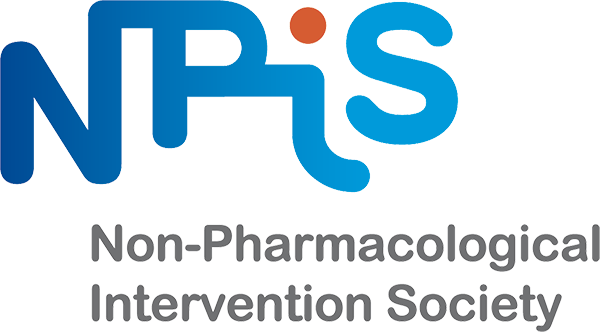NPIS consensus model
The participatory consensus study co-constructed over two years a definition of NPI, an inventory of their descriptive characteristics, and a list of methodological and ethical recommendations for their evaluation.
It continued the epistemological work on the subject conducted over 10 years within a collaborative university platform based in Montpellier. Its multidisciplinary, intersectoral, and transpartisan approach identified the methodological and ethical invariants of the healthcare literature relating to NPI. This work was inspired by the seminal work of the HAS (French Health Authority).
It followed the principles of Evidence-Based Medicine (EBM) and the biopsychosocial approach to healthcare. It met the expectations of developers of scientific consensus recommendations in the healthcare field. It relied on iterative, open and traced multidisciplinary and intersectoral exchanges. Coordination and logistics were provided by the NPIS. The study, which involved all stakeholders, academic and non-academic, was coordinated by 22 experts, including 2 user representatives. None had a conflict of interest. The work received support from INSERM through a participatory research seed fund. The French health authorities were informed of the project in 2021. An NPIS conference at the Ministry of Health on December 1, 2021 publicly launched the work.
- A first stage made it possible to identify 41 methodological and ethical invariants within 7 open, collaborative, multidisciplinary and intersectoral workshops with shared documentary resources (70 participants).
- The second stage consisted of improving the invariants through 9 consensus meetings.
- The third stage consisted of a secure and unique online vote following an information campaign with individual registration in a college (503 researchers, users, practitioners and health operators divided into 4 colleges).
- The fourth and final stage consisted of collecting the opinions of health authorities and scientific societies and then integrating them into the final evaluation framework by the committee of experts.
DETAILS WERE PUBLISHED IN:
THE NPIS MODEL HAS BEEN SUPPORTED by
- Ministry of Health
- High Authority for Health
- Senate
- Health Insurance Fund
- Al Fondo Nacional de Solidaridad para la Autonomía
- Health Innovation Agency
- General Inspectorate of Social Affairs
- French Academy of Medicine
- Santé Publique France
- Economic, Social, and Environmental Council
- European Commission
- World Health Organization


